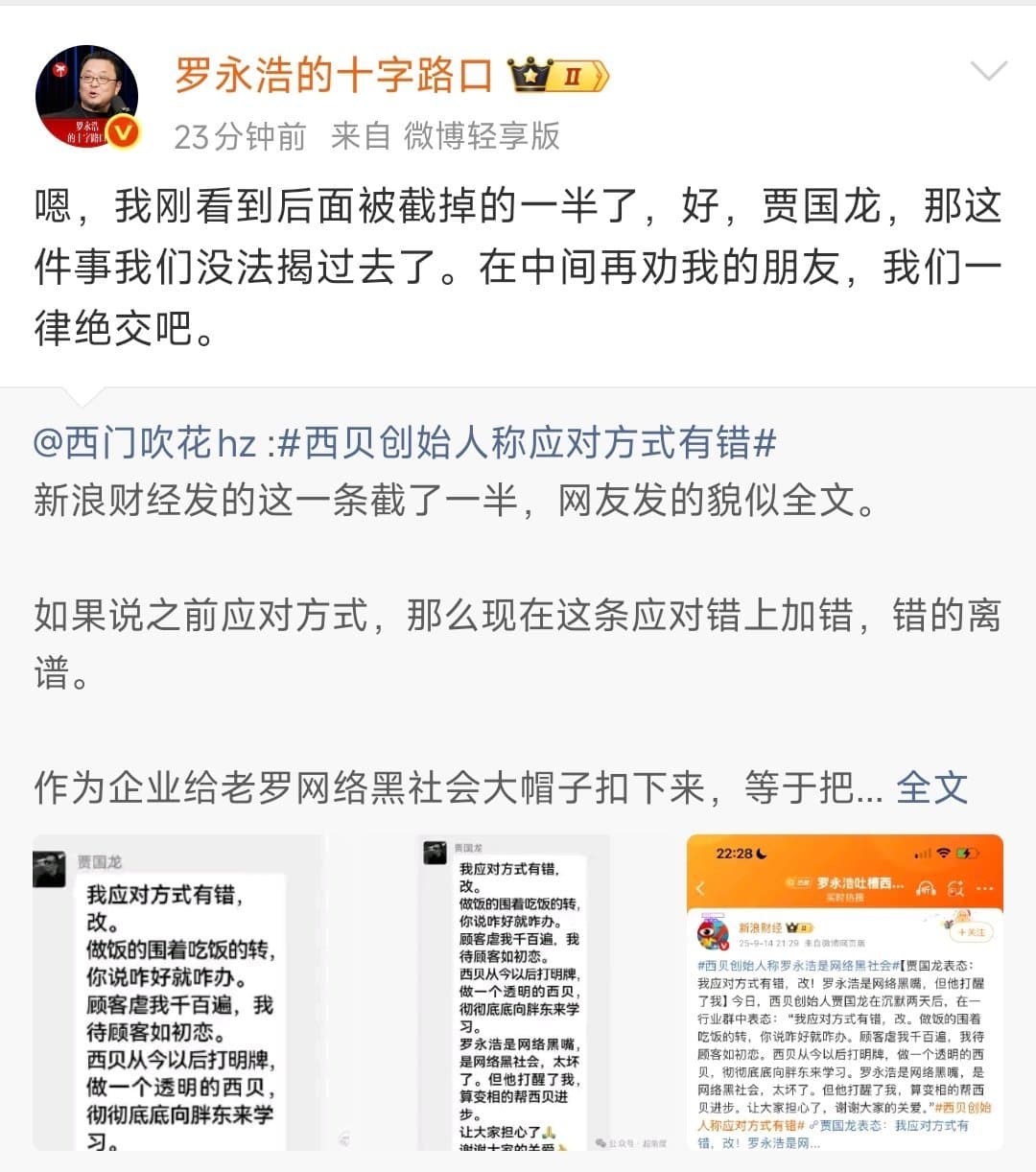"Miss Japan" Karolina Shiino Abandons Crown Amid Cheating Scandal
In an unexpected turn of events, Karolina Shiino, the Ukraine-born model who recently won the title of Miss Japan 2024, relinquished her crown amid a scandal involving her relationship with a married man. Shiino, 26, is a naturalized Japanese citizen and the first person of European descent to win the prestigious pageant. However, this groundbreaking victory was marred following a report from Shukan Bunshun weekly magazine that exposed her affair, leading to her voluntary withdrawal from the title.

5 February 2024
The Miss Japan Association announced on its official website that it had accepted Shiino's request to step down and expressed a commitment to serious reflection and apology to all parties affected, including sponsors and judges. Shiino herself issued an apology on her Instagram account, stating that her inability to tell the truth arose from confusion and fear after the article's publication.
The incident has sparked extensive discussions among netizens in China, where reactions have ranged from surprise to criticism of the situation and Shiino's actions. On the microblogging platform Weibo, users weighed in, with one remarking on the strangeness of selecting a Ukrainian-born individual as Miss Japan, which deviates from the traditional image of a Japanese beauty queen. Others mocked the choice, questioning whether it implied a preference for Ukrainian beauty over Japanese natives.
Despite Shiino's confession and subsequent forfeiture of her title, some expressed admiration for her frankness, while others remained indifferent, declaring nationality irrelevant as long as it is legal. However, several users criticized Shiino's looks, bluntly stating that she did not fit their standards of beauty, even going as far as to compare her unfavorably to other foreigners encountered in daily life.
The conversation also delved into the broader cultural attitudes toward infidelity and the role of women in such situations. Some netizens reflected on the commonality of "love-brain," a term used to describe individuals, especially women, who are seen as too engrossed in love to recognize or act upon being wronged in a relationship. It was noted that many, after realizing their position as the third party in a relationship, struggle to let go of the adulterous partner.
In the context of Shiino's resignation, questions also emerged about the ethics of beauty pageants and whether her behavior warranted the loss of her title. One netizen pondered whether there is a need for public figures like beauty queens to give up their achievements for personal matters unrelated to their official responsibilities.
The wider implications of Shiino's victory and subsequent scandal point to ongoing debates on nationality, identity, and traditional standards of beauty within Japan and beyond. As China observes these unfolding events, it becomes evident that beauty pageants remain powerful platforms that can both challenge and reinforce cultural norms and expectations. Shiino's case also highlights the scrutiny and pressures faced by public figures in today's interconnected world, where personal matters can swiftly become international discussions.
In parallel, the public's reaction in China showcases the digital era's ability to blur national boundaries, allowing for global conversations on topics that might once have been limited to domestic spheres. While Shiino's story may have ended with the relinquishment of her title, the conversations it has spurred continue, touching upon themes of identity, cultural expectations, and the complexities of modern relationships. As the Miss Japan Association leaves the top honor vacant for the remainder of the year, the controversy surrounding Shiino's brief reign as Miss Japan 2024 serves as a reminder of the evolving discourse around beauty, virtue, and the role of pageants in today's society.
Share this article
Related Articles

Xi Jinping Elevates Cybersecurity to Core National‑Security Pillar, Driving China’s Quest for a Cyber Superpower
By Trending on Weibo
News & Politics
15 Sept 2025

Luo Yonghao vs. Xibei: Celebrity Entrepreneur Sparks Media Storm Over Pre‑Made Dishes and Calls for Transparency
By Trending on Weibo
News & Politics
15 Sept 2025

Weibo Celebrates Autumn Harvest as China’s Fields Become the Nation’s Most Beautiful Canvas
By Trending on Weibo
News & Politics
15 Sept 2025
China Enacts First Comprehensive Rental Regulations to Legalize and Stabilize the Rental Market
By Trending on Weibo
News & Politics
15 Sept 2025

Beijing’s Weather Emerges as a Barometer for China’s Climate Policies and Public Life
By Trending on Weibo
News & Politics
13 Sept 2025